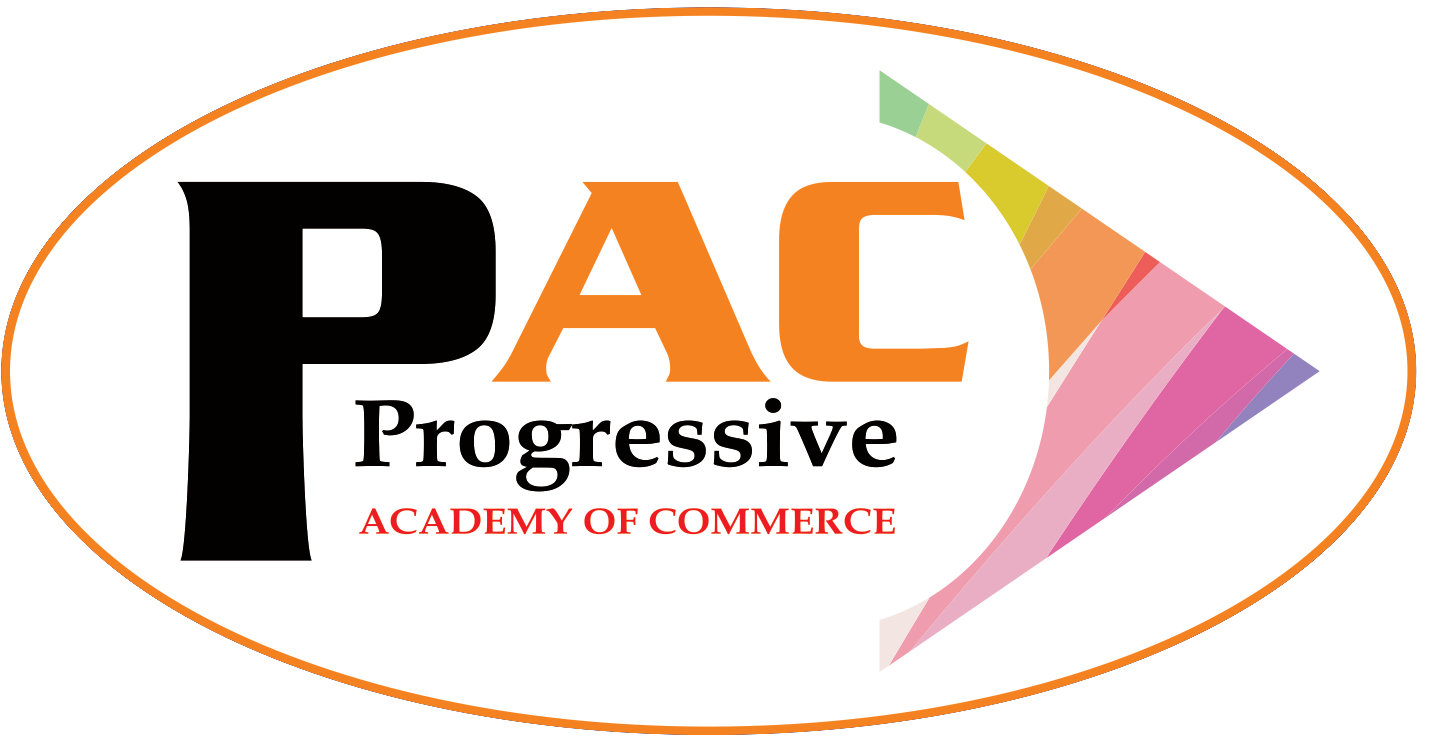As students approach the culmination of their Class XII commerce education, the looming question of “What next?” becomes ever more pressing. The world of commerce offers a plethora of exciting career opportunities, each requiring a unique set of skills and knowledge. This blog aims to guide Class XII students through the maze of possibilities, helping them choose a path that not only aligns with their interests and strengths but also promises a rewarding future.
Understanding Your Options
The field of commerce is broad, encompassing areas such as finance, accounting, economics, business administration, and more. Here’s a brief overview of potential career paths:
- Chartered Accountancy (CA): A prestigious and highly sought-after profession, perfect for those who excel in accounting and have a keen eye for financial details.
- Company Secretary (CS): Ideal for individuals interested in corporate law, governance, and business compliance, this role is crucial in ensuring that companies operate within legal frameworks.
- Finance and Banking: With roles ranging from financial analysts to bank managers, this sector offers opportunities for those who are analytical and have a passion for financial markets.
- Marketing and Management: For the creatively inclined and those with strong interpersonal skills, careers in marketing and management can lead to positions in brand management, digital marketing, sales, and business development.
- Entrepreneurship: For those who dream of starting their own business, a background in commerce provides a solid foundation in understanding business operations, financial management, and market analysis.
Factors to Consider
Choosing the right career path involves introspection and research. Consider the following factors:
- Interest and Passion: Your career should align with your interests and passions. If you love analyzing data, a career in finance might suit you. If you’re creative, consider marketing.
- Skill Set: Assess your strengths. Are you good at math and accounting? Do you excel in communication and leadership? Identifying your skills can help narrow down your options.
- Educational Requirements: Some careers require specific degrees or qualifications. Research the educational pathways needed for your chosen field.
- Market Demand: Consider the demand for your chosen career. Sectors with higher demand often offer better job security and growth opportunities.
- Work-Life Balance: Reflect on the kind of lifestyle you want. Some careers may require long hours or frequent travel, while others may offer more flexibility.
Preparing for the Future
Once you’ve identified a potential career path, the next step is to prepare yourself. This may involve pursuing higher education, such as a bachelor’s degree in commerce or specialized certifications. Gaining practical experience through internships or part-time jobs in your chosen field can also be invaluable.
Networking plays a crucial role in navigating your career. Attend industry seminars, join relevant clubs and societies in college, and connect with professionals in your field of interest.
Conclusion
Choosing a career path after Class XII is a significant decision that shapes your future. While it may seem daunting, remember that your choice is not set in stone. The world of commerce is dynamic, with new roles emerging as industries evolve. Stay curious, be open to change, and most importantly, pursue a path that feels right for you. Your journey in commerce is just beginning, and the possibilities are endless.



